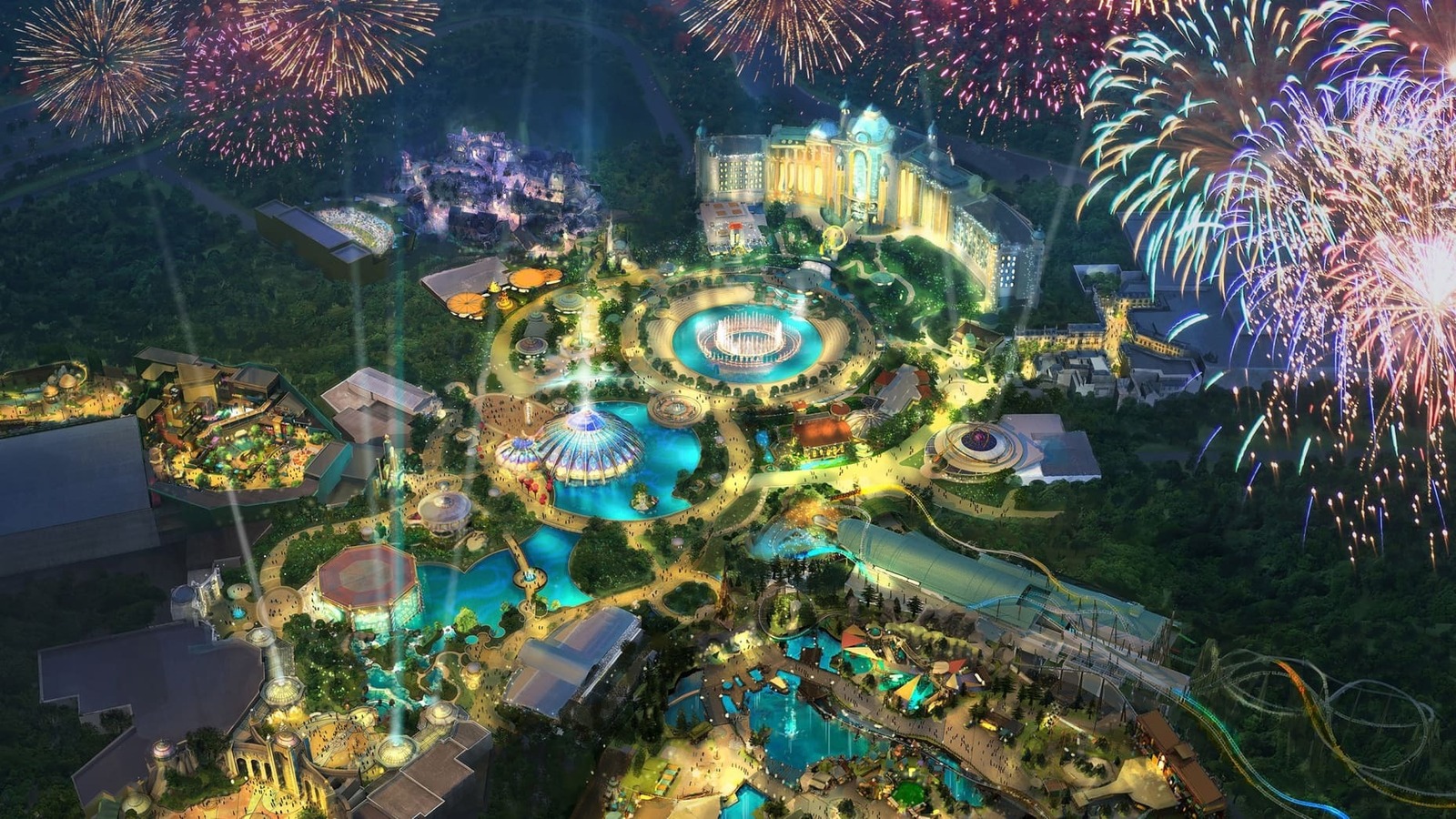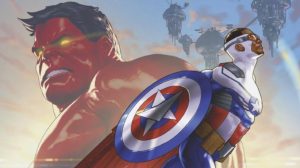
Disney’s Dilemma: Why Universal Studios and Epic Universe Pose a Serious Threat
This week hasn’t been particularly splendid for Disney’s theme park sector, and the reasons are hard to overlook. First up, Disney rolled out its Lightning Lane Premier Pass, allowing guests to skip lines for major attractions at either Disneyland or Walt Disney World—but only if they’re willing to shell out a hefty sum per person daily. Meanwhile, Universal Studios dropped a bombshell confirming that its highly anticipated Epic Universe in Orlando will officially open its doors on May 22, 2025.
Epic Universe isn’t just a new expansion; it’s a brand-new park featuring areas dedicated to some of Universal’s biggest franchises. The shift from concept to impending reality is shaking up the competition landscape. While Disney recently celebrated the 25th anniversary of Disney’s Animal Kingdom, it also served as a reminder that it hasn’t opened a new theme park in over two decades. Though Disney has made some expansions and upgrades, a glance at the timeline shows that the gap is narrowing, with Universal increasingly in the lead.
The timeline started to tilt in Universal’s favor back in 1998 when it opened Islands of Adventure soon after Disney’s last big addition. Disney may have introduced areas themed around “Star Wars” and “Avatar,” but these came after Universal debuted the immensely popular Wizarding World of Harry Potter at its Florida parks. Additionally, Universal launched Volcano Bay, widely regarded as one of the leading water parks in America.
Epic Universe is an exciting venture for Universal, as it will feature an extended land dedicated to the Harry Potter franchise, a Dark Universe centered on its classic monster movies, a section for the “How to Train Your Dragon” series, and an expanded Super Nintendo World with new attractions beyond the beloved Mario Kart: Bowser’s Challenge. While it remains to be seen how these attractions will resonate with guests, Universal has a strong track record of launching new projects effectively, unlike Disney’s recent ventures.
Take Disney’s California Adventure, which opened in 2001 to lukewarm receptions and led Disney to undertake major revisions to bring it up to par. Initially, the park offered a mix of recycled attractions and lackluster rides, which didn’t captivate audiences the way it had hoped. With the slow recovery of tourism in the mid-2010s, Disney invested heavily in overhauling the park, which absorbed resources that could have been directed toward new developments in Orlando.
Although Disney reminds guests that Walt Disney World is expansive—covering 43 square miles—it hasn’t fully utilized its available space to create unique experiences. Even as they charge guests top dollar, fans are left waiting for attractions that either fail to launch or come years behind schedule. For instance, after years of anticipation, the promise of a movie-themed ride in Epcot’s United Kingdom pavilion was shelved.
In contrast, Universal has demonstrated agility in responding to market demands and changes—underscoring a difference in approach between the two companies. With each company possessing a wealth of intellectual properties for inspiration, and Disney retaining more parks than Universal in Orlando, the competition is fierce. However, Disney has hesitated to act, often delaying exciting concepts like the recently announced Villains Land for the Magic Kingdom.
While this new land symbolizes potential, it hearkens back to the never-realized Beastly Kingdom project. The uncertainty has led fans to question whether Disney will ever actualize ideas that seem promising. Although Disney’s recent D23 Expo announcements raised some interest, the reality that Epic Universe is approaching fast looms large, highlighting the risk for Disney to lose its footing.
As Universal prepares to unveil a robust new park, Disney may find itself like characters trapped in a horror film—failing to evade the inevitable threat looming closer. Unless Disney accelerates its efforts to innovate and bring fresh attractions to life, it risks being outpaced in the competitive theme park landscape for years to come.



